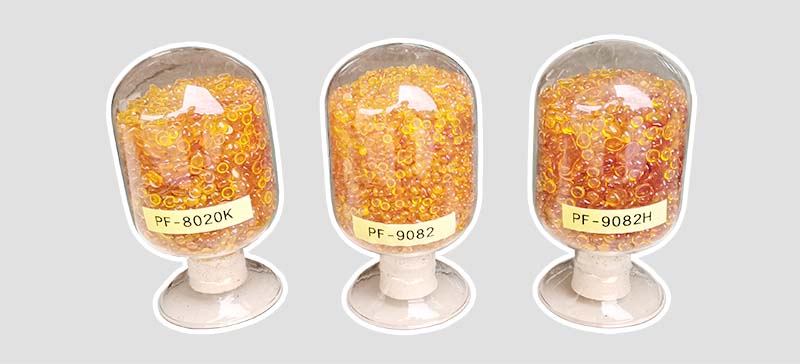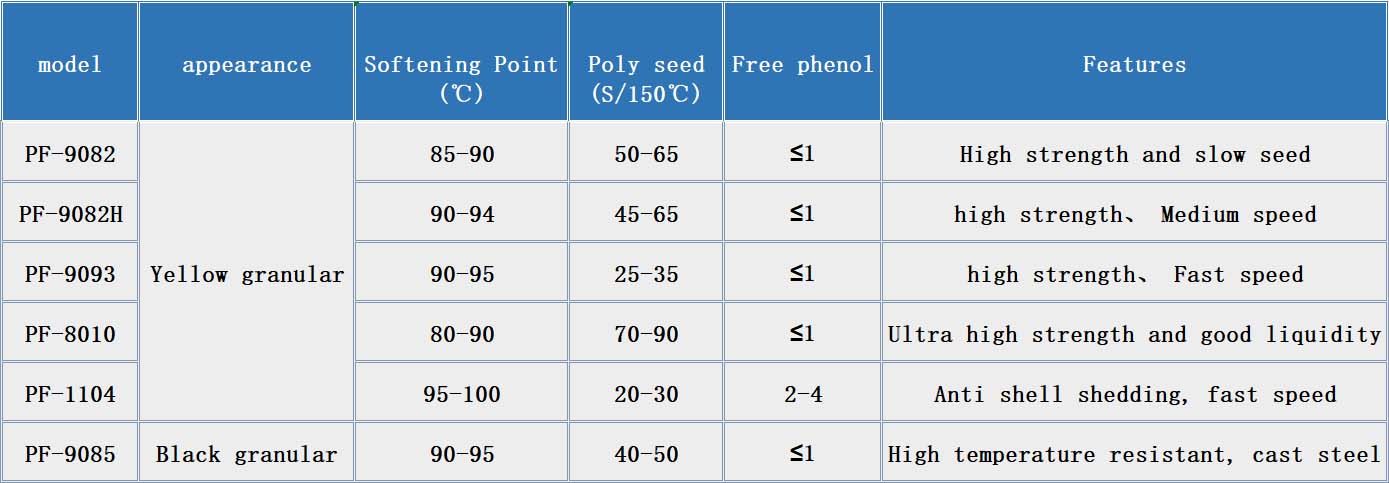
Phenolic Resin Coated Sand
Casting | Stable performance, high precision, and good smoothness
View Details
Phenolic Resin Coated Sand
Name:Phenolic Resin Coated Sand
Improvement: Working conditions
Performance: Stable
Casting: High precision
Resin for casting is a polymer binder synthesized through chemical means

Phenolic Resin Coated Sand used as a mold binder has the following advantages:
1. High precision and good smoothness of castings
2. Low scrap rate and stable performance
3. Suitable for automated mass production
4. Improve working conditions and increase production efficiency
The metal casting industry plays an important role in the mechanical manufacturing industry. However, traditional casting uses silica sand as the refractory material and prepares sand molds through adhesives such as water glass. There are obvious defects in the process, such as high labor intensity, large dust, and low high-temperature production efficiency, especially affecting the quality of castings, which has become a weak link in the entire machinery industry and cannot meet the needs of the rapidly developing machinery manufacturing industry.
Casting resin is a material used for manufacturing castings, which has the following advantages:
1. Height: The resin used for casting can be molded to produce high-precision castings.
2. Rapid production: Compared with traditional casting methods, using casting resin can greatly shorten the production cycle and improve production efficiency.
3. Cost savings: The use of resin for casting can reduce the production cost of molds and also decrease the scrap rate during the production process, thereby lowering production costs.
4. Environmental Protection: The use of resin for casting can reduce the emission of waste and pollutants during the production process, making it environmentally friendly.
5. Diversity: Casting resins can be used to manufacture castings of various shapes and sizes to meet the needs of different customers.
6. Durability: Castings made of resin have good corrosion resistance and wear resistance, and can be used for a long time.
Overall, the use of resin for casting can improve production efficiency, reduce production costs, minimize environmental pollution, and also produce high-quality, diverse, and durable castings.
